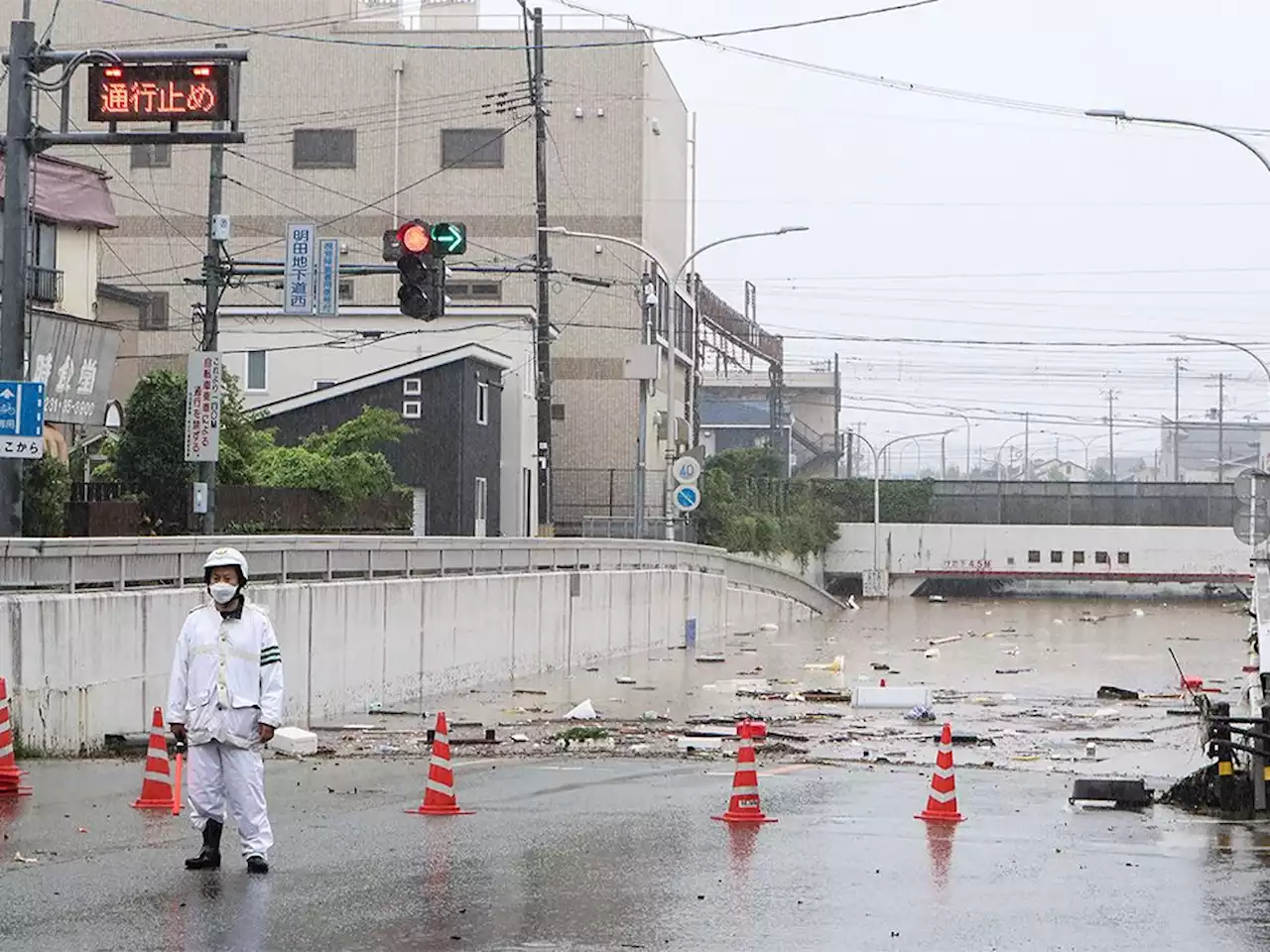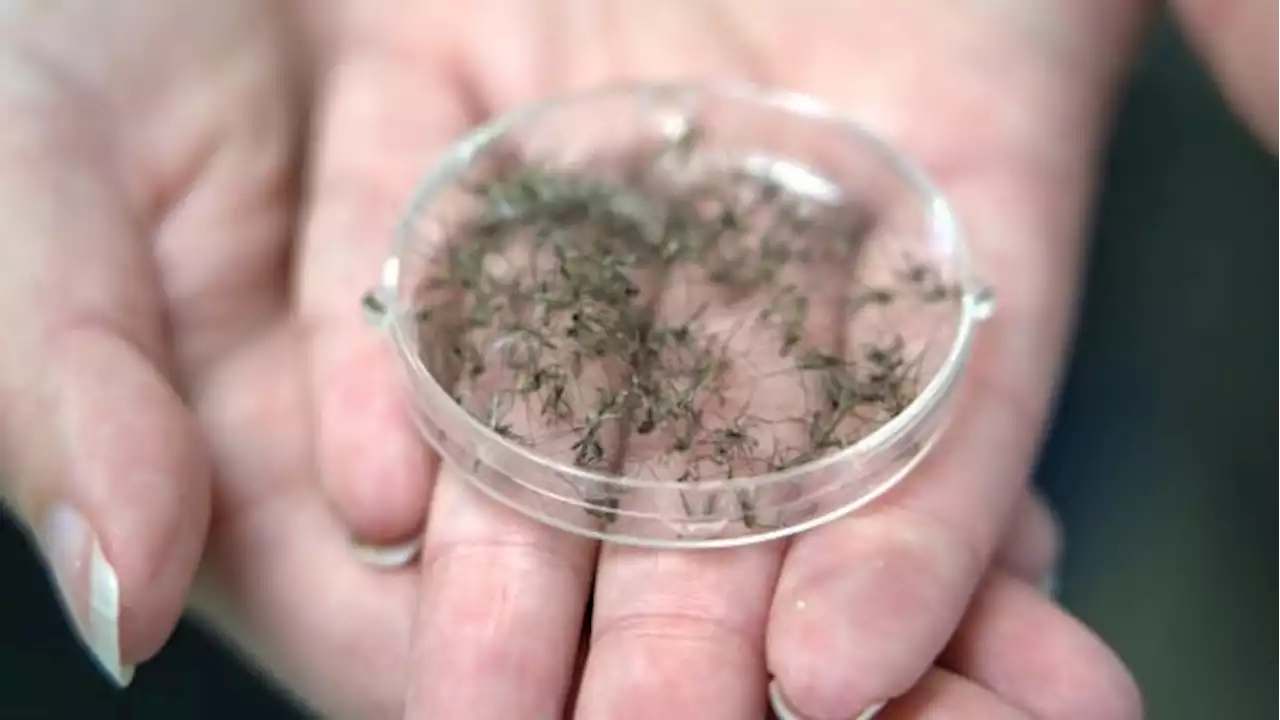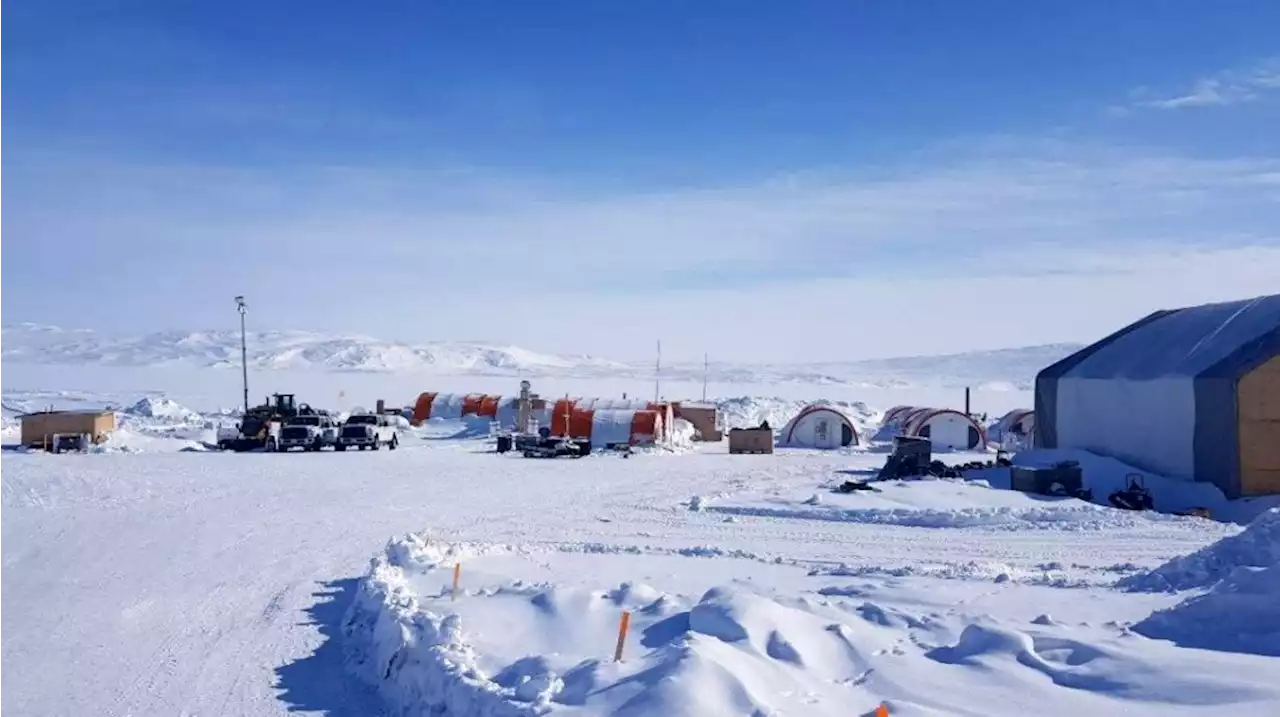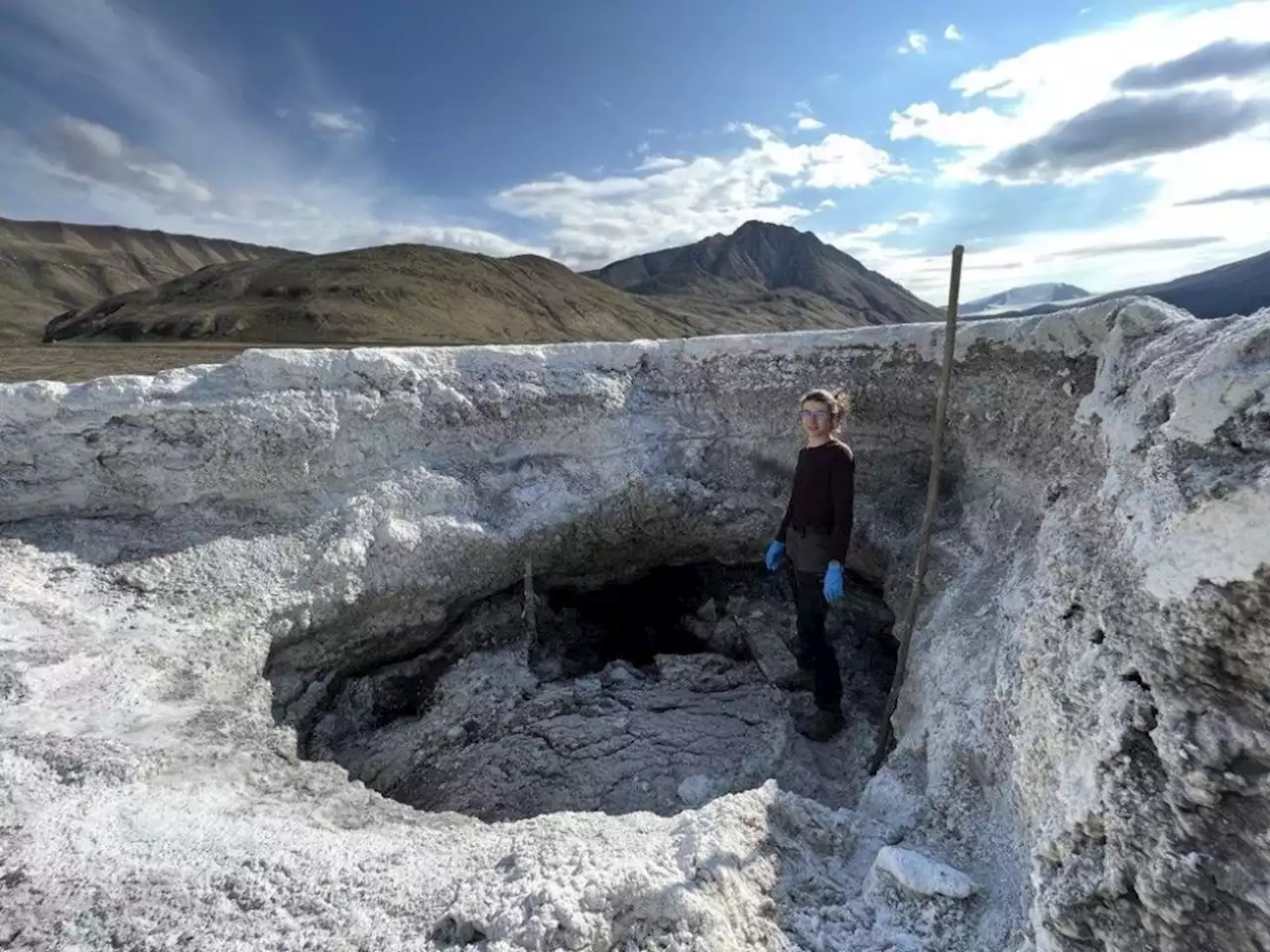The uninhabited island is in Nunavut\u0027s Qikiqtaaluk region and has conditions similar to the red planet.
Astrobiologist Haley Sapers, an adjunct professor at York University in the Lassonde School of Engineering, is leading the team at the McGill Arctic Research Station, or MARS, on Axel Heiberg Island. The uninhabited island is in Nunavut’s Qikiqtaaluk region and has conditions similar to the red planet.Under the 24-hour midnight sun, they plan to study super-salty cold springs that release methane on Gypsum Hill, about a 45-minute hike from the research station.
“Methane is a really important atmospheric gas here on Earth because it contributes significantly to global warming,” said Sapers, a visiting scientist with the California Institute of Technology. “It’s also a really interesting gas on Mars … And we don’t understand exactly where it’s coming from or where it’s disappearing to.”
On Earth, Sapers said, most methane is biogenic, meaning it’s produced by living organisms. The gas can also be produced by geological processes. Its presence on Mars could be evidence of past or present life, or indicate areas on the planet that could be inhabited in the future.Sign up to receive daily headline news from the Calgary Herald, a division of Postmedia Network Inc.By clicking on the sign up button you consent to receive the above newsletter from Postmedia Network Inc. You may unsubscribe any time by clicking on the unsubscribe link at the bottom of our emails or any newsletter. Postmedia Network Inc.
Malaysia Latest News, Malaysia Headlines
Similar News:You can also read news stories similar to this one that we have collected from other news sources.
 Scientists head to Nunavut island to help solve Mars methane mysteryA team of researchers has travelled to a remote Arctic island in the hopes of better understanding the possibility of life on Mars.
Scientists head to Nunavut island to help solve Mars methane mysteryA team of researchers has travelled to a remote Arctic island in the hopes of better understanding the possibility of life on Mars.
Read more »
 Chicago is sinking and scientists are blaming 'underground climate change'According to a study, the excessive heat is causing deformations in the land and destabilizing buildings.
Chicago is sinking and scientists are blaming 'underground climate change'According to a study, the excessive heat is causing deformations in the land and destabilizing buildings.
Read more »
 Deadly flooding hit several countries at once. Scientists say this will only be more commonExtreme rainfall accompanied by deadly flooding hit the United States and several other countries over the weekend and last week.
Deadly flooding hit several countries at once. Scientists say this will only be more commonExtreme rainfall accompanied by deadly flooding hit the United States and several other countries over the weekend and last week.
Read more »
 The urban mosquito is thriving farther north than it's ever been, and scientists are worried | CBC NewsThe Culex pipiens is thriving in Alberta. Now experts are trying to figure out what that means, and what the implications are when it comes to the spread of the West Nile virus.
The urban mosquito is thriving farther north than it's ever been, and scientists are worried | CBC NewsThe Culex pipiens is thriving in Alberta. Now experts are trying to figure out what that means, and what the implications are when it comes to the spread of the West Nile virus.
Read more »
 B2Gold hunting for more assets after Sabina Gold dealB2Gold said it would consider further opportunities to acquire gold assets to accelerate growth even after its recent purchase of Sabina Gold SBB.F, which gave it its first project in home country Canada. B2Gold's C$1.1-billion acquisition of Sabina Gold, completed in April, included Sabina's untapped mineral-heavy Back River Gold district in Nunavut, Canada, which is expected to start production in 2025.
B2Gold hunting for more assets after Sabina Gold dealB2Gold said it would consider further opportunities to acquire gold assets to accelerate growth even after its recent purchase of Sabina Gold SBB.F, which gave it its first project in home country Canada. B2Gold's C$1.1-billion acquisition of Sabina Gold, completed in April, included Sabina's untapped mineral-heavy Back River Gold district in Nunavut, Canada, which is expected to start production in 2025.
Read more »
 Scientists head to Nunavut island to help solve Mars methane mysteryA team of researchers has travelled to a remote Arctic island in the hopes of better understanding the possibility of life on Mars.
Scientists head to Nunavut island to help solve Mars methane mysteryA team of researchers has travelled to a remote Arctic island in the hopes of better understanding the possibility of life on Mars.
Read more »
